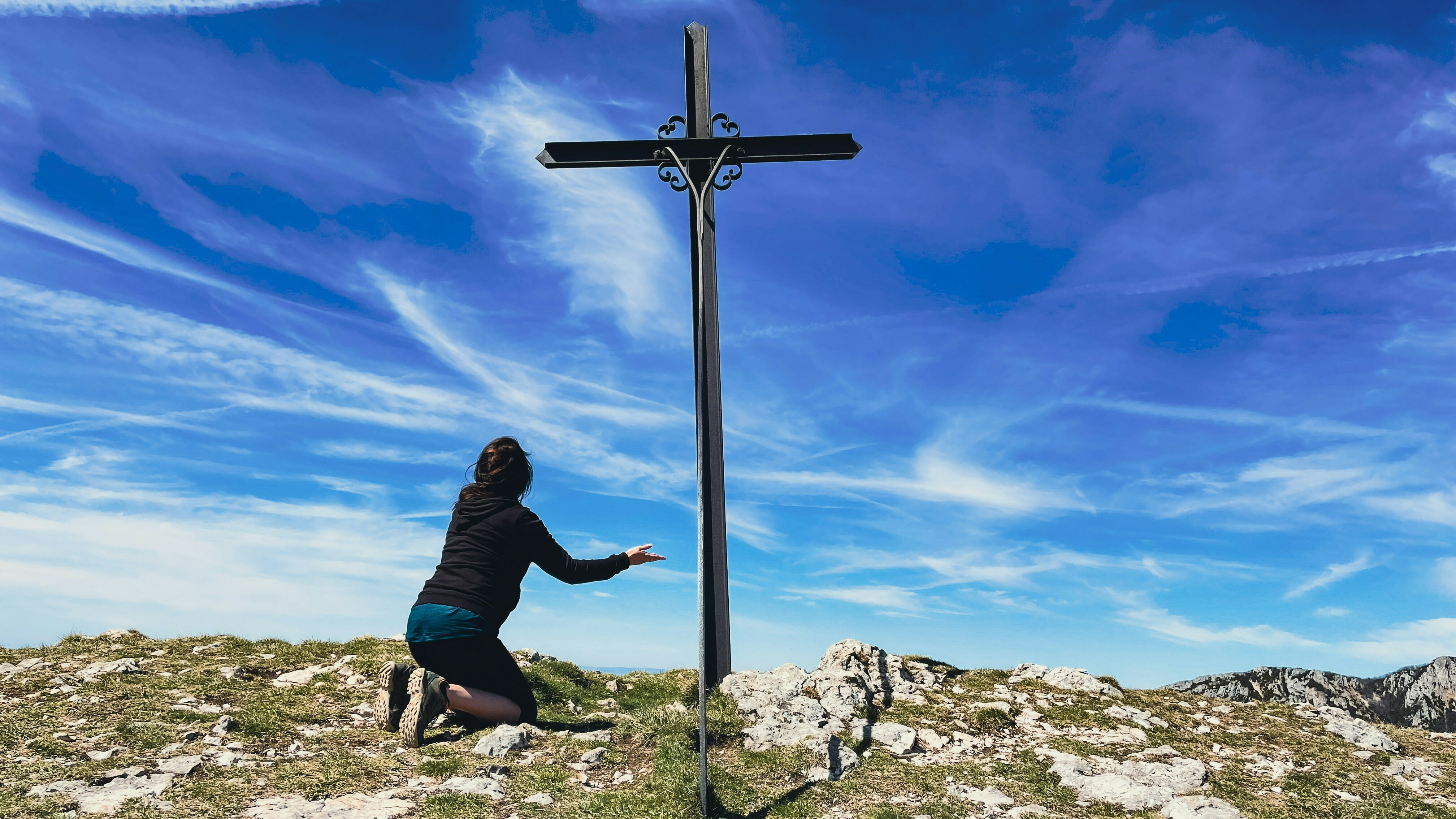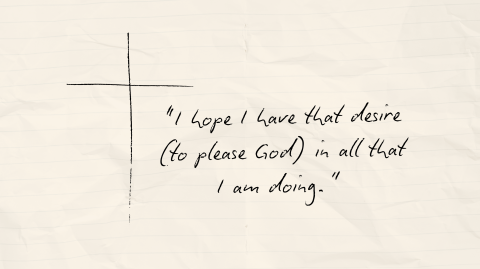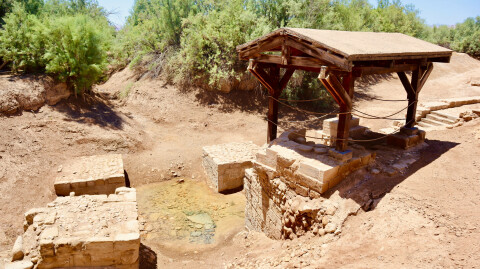TLDR: Jesus asks an important question, which remains as relevant in the twenty first century of our Church as it was in the first. Please read on for more.
All four evangelists give us a section in their Gospels which experts call The Cost of Discipleship. In Matthew 8:18-22, Jesus says to folks who wanted to follow him, “Foxes have holes, and birds of the air have nests; but the Son of Man has nowhere to lay his head.” And then, “Follow me, and let the dead bury their own dead.” Then in Matthew 16:24, “If any want to become my followers, let them deny themselves and take up their cross and follow me.” In Luke 14:25-33, Jesus invites the crowds to consider the cost of discipleship, “If anyone comes to me and does not hate his own father and mother and wife and children and brothers and sisters, yes, and even his own life, he cannot be my disciple. Whoever does not bear his own cross and come after me cannot be my disciple. For which of you, desiring to build a tower, does not first sit down and count the cost, whether he has enough to complete it?... Or what king, going out to encounter another king in war, will not sit down first and deliberate whether he is able with ten thousand to meet him who comes against him with twenty thousand?... So therefore, any one of you who does not renounce all that he has cannot be my disciple.” In John 6:52-71, Jesus says, “Very truly, I tell you, unless you eat the flesh of the Son of Man and drink his blood, you have no life in you… The one who eats this bread will live for ever.” Discipleship means to be in Christ as Christ is in the Father and the Father is in Christ. Sadly, many misunderstood the eating and drinking of which Christ spoke and, “many of his disciples turned back and no longer went about with him.” This cost of discipleship in John is also clearly seen in the Great Commandment of John 13:34, “Just as I have loved you, you also should love one another.”
The cost of discipleship in the Gospel of Mark goes from Chapter 8:22 to10:52. It starts with the healing of a blind man in Bethsaida, and it ends with the healing of a blind man in Jericho. In between, we have teachings and announcements that take place “on the way” to Jerusalem, where Jesus will be arrested and crucified. Below is a breakdown of the entire section:
Mark 8:22-26: Jesus cures a Blind Man at Bethsaida
Mark 10:46-52: Jesus cures Blind Bartimaeus
Both of these healings act as bookends for the whole section. Three times, at the very center of the section, (verses 8:31, 9:31, and 10:32-33) Jesus announces his death and resurrection. To be a disciple means to take up our cross and follow Jesus to the end, even to a lonely cross on a garbage hill outside of Jerusalem. Mark makes it very clear that the disciples don’t fully grasp the cost of following Jesus. Peter rebukes Jesus after the first announcement of his death (8:31-33.) After the second announcement of his death, the entire group discusses which one of them is the most important member of the group and should be elected to power if in fact Jesus is killed. After the third announcement, James and John request preferential seating places in “your glory.” Even though Jesus has said, “Whoever wants to be first must be last of all and servant of all,” (9:35) and “whoever wishes to be first among you must be slave of all,” (10:44) the disciples are still concerned about power and control. The insiders aspire to have a great movement they get to control and advance. In the meantime, a blind outsider comes to Jesus empty, smelly, desperate, on the margins of society, overwhelmed with shame, isolated, and despised.
I love the Bartimaeus story because he is allowed to become a disciple. The blind man from Chapter 8 was ordered to go home, “Do not even go into the village.” But Bartimaeus follows Jesus, “Immediately he regained his sight and followed him on the way.” At these early days Jesus’ movement is called “The Way.” His disciples are known as the “Followers of The Way.” Bartimaeus follows Jesus on “The Way,” meaning that he became a disciple. Mark is making an important contrast here. It is as if he is asking the question, “Who shows the true heart of a disciple, the insiders who are overly concerned with power and places of privilege, or this poor beggar who comes to Jesus completely empty and void of any ambition?” How we answer this question says a lot about ministry in the Church. Servant leadership is humble (empty of self) service. The drive to institutionalize, overregulate, stratify, and classify on the basis of merit speaks more about human insecurity and ambition than about servant leadership in the Kingdom.
Lastly, I love the fact that Bartimaeus approaches Jesus looking for, and expecting, a miracle. He believes in a BIG God whose power is active in Jesus, the Son of David. I have complained in many sermons that many of us believe in a very small God, a God who stopped doing miracles in the Middle Ages. A God we used to fear and obey, and now we mostly ignore. A God we place in a small glass cage with a sign at the bottom, “In case of emergency, break the glass. This may or may not help, but it is worth the try.” Have you ever approached Christ expecting a miracle? Have you ever come to him truly naked and needy, expecting transformation and healing? The question to Bartimaeus is a question for us as well. I pray that God may lead you to an answer today, because Jesus continues to ask, “What do you want me to do for you?”
May Christ make us the type of disciples he needs in his 21st century vineyard. Amen!
Fr. Roman +





